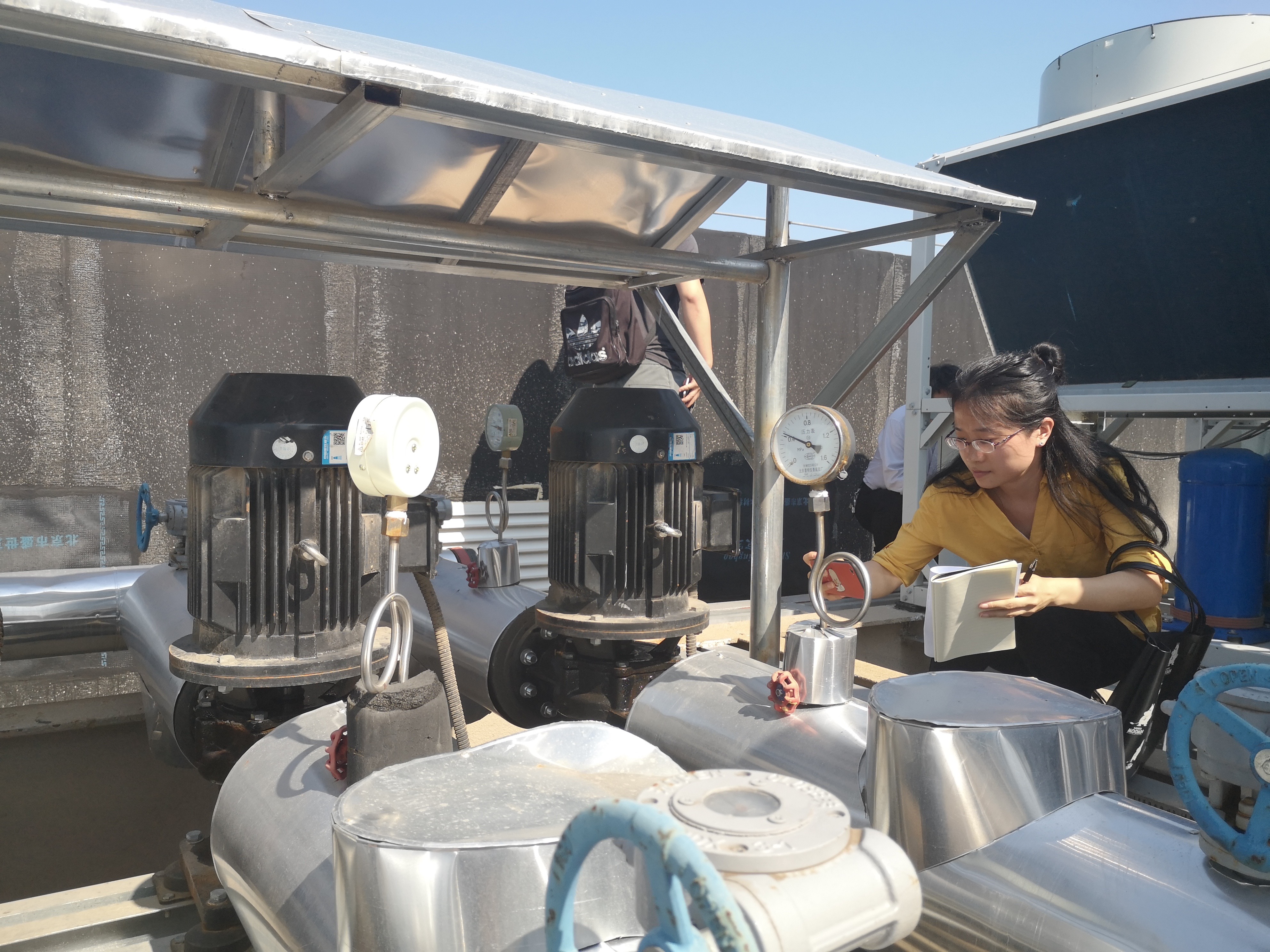Climate Impact Checkup
Health care’s GHG emissions calculator
Your starting point
Reducing your health care facility or system’s climate impact requires understanding where your greenhouse gas (GHG) emissions originate and setting your starting point.
Climate Impact Checkup is a calculator that helps health care institutions worldwide estimate their GHG footprint. It provides a starting point to measure and manage your emissions, support mitigation goals and develop action plans no matter where your facility is located. Available as a downloadable spreadsheet, Checkup also facilitates the integration of these actions with other environmental strategies such as sustainable procurement.

Health care institutions around the world are using Checkup to calculate their climate footprint and commit to action through our initiatives including the Health Care Climate Challenge and the Race to Zero campaign
You are committed to reducing emissions and implementing climate-smart health care. Your next step is likely to be developing a climate mitigation strategy. To do that, you’ll need to understand the starting point or baseline of your GHG emissions. This baseline is vital to identifying priorities, developing plans, and implementing emissions reduction in facilities, operations, and procurement procedures.
Climate Impact Checkup estimates GHG emissions from health care institutions based anywhere in the world by allowing you to input facility-level data primarily from energy consumption, transport, waste management, and gases relevant to the sector, and then calculating your footprint based on national or local emissions factors. It also enables health systems and facilities to benchmark their footprint against similar facilities in their country, region, and globally. Checkup also gives you access to a peer network, where members can share experiences and advice through discussion forums and a global community of practice.
Checkup users may include: health care facilities, both public and private, of any level of complexity and in any location, sub-national (city, state or provincial) health care systems, private and charitable health care systems national ministries of health (to measure their facilities’ footprint), and research institutions, such as universities.
Members of the Global Green and Healthy Hospitals have access to the downloadable spreadsheet of the Climate Impact Checkup tool.
Members of the ATACH community of practice, and health care and sustainability professionals who enroll in the online course will receive access to the downloadable Climate Impact Checkup tool spreadsheet.
We invite hospitals, health care facilities, and organizations globally to join the GGHH community. By doing so, they will receive access to the Climate Impact Checkup tool, tap into a peer network, and benefit from numerous other resources.